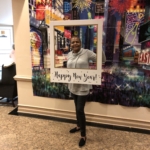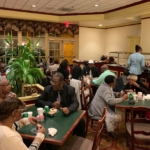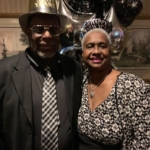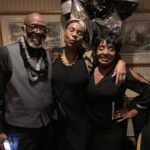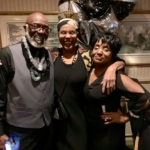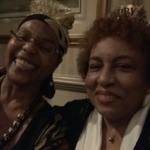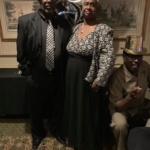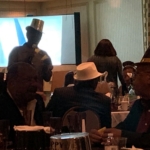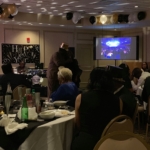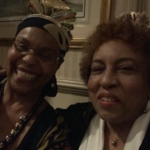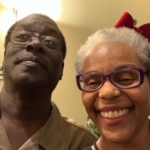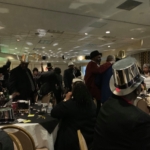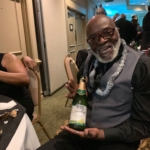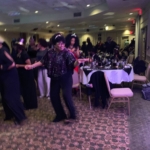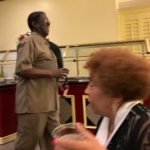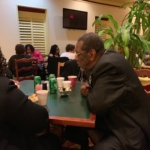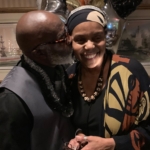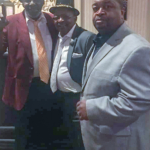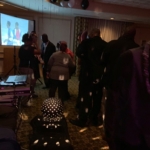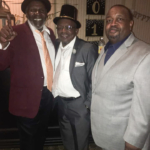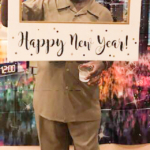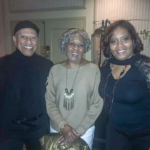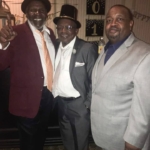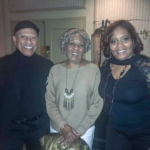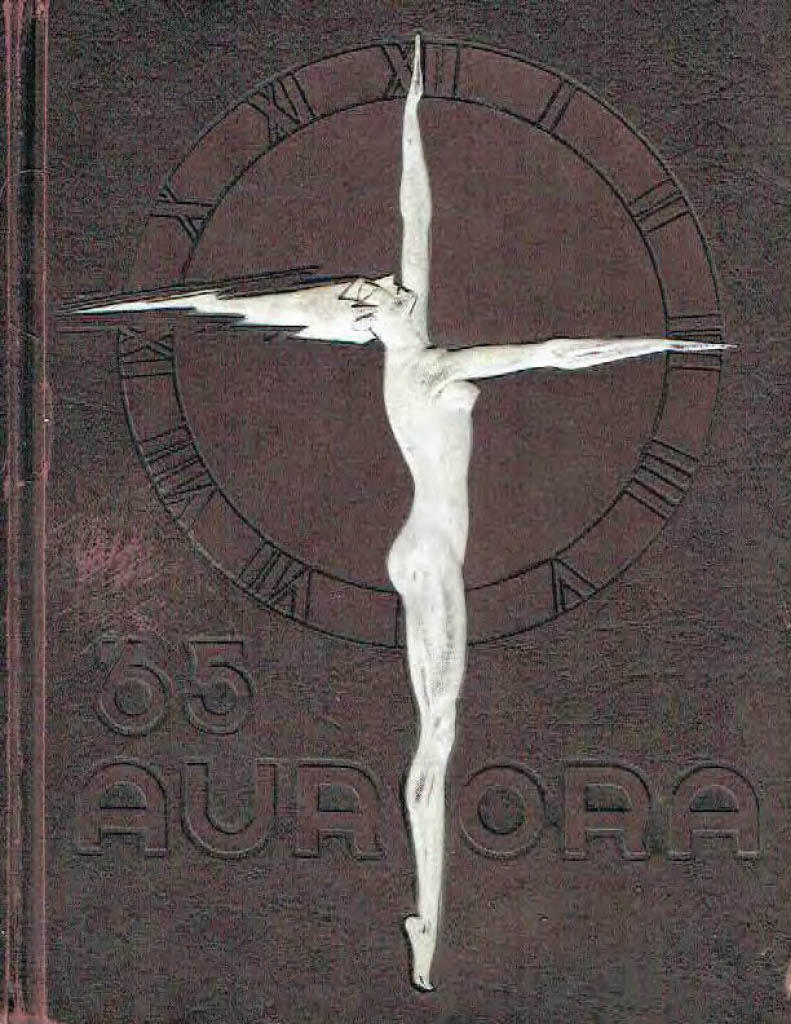Malcolm X Quotes
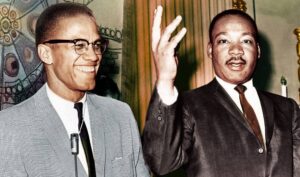
“Concerning nonviolence, it is criminal to teach a man not to defend himself when he is the constant victim of brutal attacks.”
Source unknown.
“The common goal of 22 million Afro-Americans is respect as human beings, the God-given right to be a human being. Our common goal is to obtain the human rights that America has been denying us. We can never get civil rights in America until our human rights are first restored. We will never be recognized as citizens until we are first recognized as humans.”
“Racism: The Cancer that is Destroying America,” in Egyptian Gazette (Aug. 25 1964).
“You can’t separate peace from freedom because no one can be at peace unless he has his freedom.”
“Prospects for Freedom in 1965,” speech, Jan. 7 1965, New York City (published in Malcolm X Speaks, ch. 12, 1965).
“The Negro revolution is controlled by foxy white liberals, by the Government itself. But the Black Revolution is controlled only by God.”
Speech, Dec. 1, 1963, New York City.
“I believe in the brotherhood of man, all men, but I don’t believe in brotherhood with anybody who doesn’t want brotherhood with me. I believe in treating people right, but I’m not going to waste my time trying to treat somebody right who doesn’t know how to return the treatment.”
Speech, Dec. 12, 1964, New York City.
“There is nothing in our book, the Koran, that teaches us to suffer peacefully. Our religion teaches us to be intelligent. Be peaceful, be courteous, obey the law, and respect everyone, but if someone puts his hand on you, send him to the cemetery. That’s a good religion.”
“Message to the Grass Roots,” speech, Nov. 1963, Detroit (published in Malcolm X Speaks, ch. 1, 1965).
“It’s just like when you’ve got some coffee that’s too black, which means it’s too strong. What do you do? You integrate it with cream; you make it weak. But if you pour too much cream in it, you won’t even know you ever had coffee. It used to be hot, and it became cool. It used to be strong, but it has become weak. It used to wake you up; now it puts you to sleep.”
“Message to the Grass Roots,” speech, Nov. 1963, Detroit (published in Malcolm X Speaks, ch. 1, 1965).
“Sitting at the table doesn’t make you a diner. You must be eating some of what’s on that plate. Being here in America doesn’t make you an American. Being born here in America doesn’t make you an American.”
“The Ballot or the Bullet,” speech, April 3 1964, Cleveland, Ohio (published in Malcolm X Speaks, ch. 3, 1965).
“If violence is wrong in America, violence is wrong abroad. If it is wrong to be violent defending black women and black children and black babies and black men, then it is wrong for America to draft us and make us violent abroad in defense of her. And if it is right for America to draft us, and teach us how to be violent in defense of her, then it is right for you and me to do whatever is necessary to defend our own people right here in this country.”
Speech, Nov. 1963, New York City.
“We are nonviolent with people who are nonviolent with us.”
Malcolm X
“A race of people is like an individual man; until it uses its own talent, takes pride in its own history, expresses its own culture, affirms its own selfhood, it can never fulfill itself.”
Malcolm X.
“I believe that if you give people a thorough understanding of what confronts them and the basic causes that produce it, they’ll create their own program, and when the people create a program, you get action.”
Malcolm X.
“If you’re not ready to die for it, put the word ‘freedom’ out of your vocabulary.”
Malcolm X.
“I feel like a man who has been asleep somewhat and under someone else’s control. I feel that what I’m thinking and saying is now for myself. Before, it was for and by the guidance of Elijah Muhammad. Now I think with my own mind, sir!”
Malcolm X.
“The thing that you have to understand about those of us in the Black Muslim movement was that all of us believed 100 percent in the divinity of Elijah Muhammad. We believed in him. We actually believed that God, in Detroit, by the way, that God had taught him and all of that. I always believed that he believed in himself. And I was shocked when I found out that he himself didn’t believe it.”
Malcolm X.
“I believe there will ultimately be a clash between the oppressed and those who do the oppressing. I believe there will be a clash between those who want freedom, justice, and equality for everyone and those who want to continue the systems of exploitation.”
Malcolm X.
“It is a time for martyrs now, and if I am to be one, it will be for the cause of brotherhood. That’s the only thing that can save this country.”
Malcolm X, February 19, 1965 (2 days before he was murdered by Nation of Islam followers).
“Without education, you’re not going anywhere in this world.”
Malcolm X.
“…I shall never rest until I have undone the harm I did to so many well-meaning, innocent Negroes who through my own evangelistic zeal now believe in him even more fanatically and more blindly than I did.”
Malcolm X, on those he encouraged to follow Nation of Islam leader Elijah Muhammad
“When a person places the proper value on freedom, there is nothing under the sun that he will not do to acquire that freedom. Whenever you hear a man saying he wants freedom, but in the next breath, he is going to tell you what he won’t do to get it, or what he doesn’t believe in doing in order to get it, he doesn’t believe in freedom. A man who believes in freedom will do anything under the sun to acquire . . . or preserve his freedom.”
Malcolm X.
“You don’t have to be a man to fight for freedom. All you have to do is to be an intelligent human being.”
Malcolm X.
“Dr. King wants the same thing I want. Freedom.”
Malcolm X.
“I want Dr. King to know that I didn’t come to Selma to make his job difficult. I really did come thinking I could make it easier. If the white people realize the alternative, perhaps they will be more willing to hear Dr. King.”
Malcolm X, in a conversation with Mrs. Coretta Scott King.
“I am not a racist. I am against every form of racism and segregation, every form of discrimination. I believe in human beings, and that all human beings should be respected as such, regardless of their color.”
Malcolm X.
“Have I gotten any threats? All I get is threats. I get at least six or seven a day.”
Betty Shabazz, in an interview shortly before Malcolm’s murder.
“I always had a deep affection for Malcolm and felt that he had a great ability to put his finger on the existence and the root of the problem. He was an eloquent spokesman for his point of view, and no one can honestly doubt that Malcolm had a great concern for the problems we face as a race.”
Dr. Martin Luther King, Jr. in a telegram to Betty Shabazz after the murder of Malcolm X.
Rev. Earnest Mason


